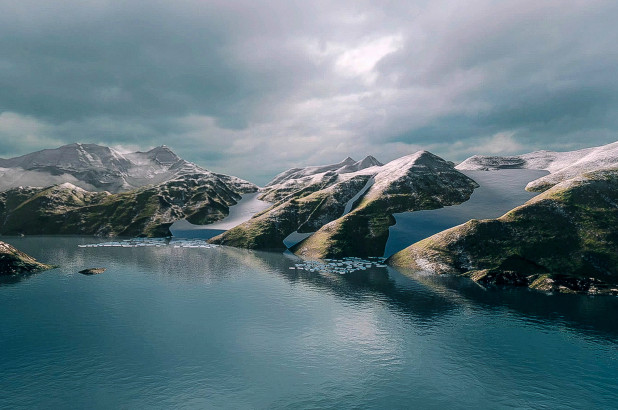Climate change threatens water access for world’s poorest – WaterAid
WaterAid Nigeria has said that the impact of climate change on people’s water supplies is being overlooked and thus a threat to the progress on bringing clean water to all. This is contained in a WaterAid’s report: “Turn the tide: The state of the world’s water 2021” presented on Tuesday in Abuja as part of […]

WaterAid Nigeria has said that the impact of climate change on people’s water supplies is being overlooked and thus a threat to the progress on bringing clean water to all.
This is contained in a WaterAid’s report: “Turn the tide: The state of the world’s water 2021” presented on Tuesday in Abuja as part of activities marking this year’s World Water Day.
It stated that climate change acts as a threat multiplier for water, exacerbating problems caused by poor management of water resources, lack of political will and inadequate investment and that with the current climate scenario, it is predicted that water scarcity will displace between 24 million and 700 million people, by 2030.
The organisation said that this might bring all back to decades, unless urgent action is taken to help the world’s poorest communities adjust to changing weather patterns.
The report shows how people are losing access to clean water as longer droughts dry up springs, seawater infiltrates groundwater supplies and landslides take out water pumps.
It shows that investing in water systems that provide a reliable supply whatever the weather, is a frontline defence against the impact of climate change.
“Without easy access to clean water, people’s lives are blighted by sickness, poverty and the endless drudgery of collecting water. Women and girls around the world already collectively already spend an estimated 200 million hours a year – or around 23,000 years – walking to fetch water.
“For the 60 million people in Nigeria that do not have clean water close to home, the hours spent collecting water or the time needed to recover from waterborne illnesses caused by dirty water, robs entire communities of an opportunity to build a better future. For the girls and women tasked with fetching water, having to walk further to find a clean water source takes time away from their education and disproportionately impacts on their lives, the report said.
Speaking on the development, the Country Director, WaterAid Nigeria, Evelyn Mere, said, “Climate change is making it more difficult for vulnerable people to be able to rely on having clean water when they need it and it’s a great injustice that the world’s poorest people, who’ve contributed the least to the crisis, are living with its most destructive impacts.
“Unless communities have access to a reliable source of water, people’s health will suffer, and they’ll be burdened with spending more and more time searching for water, taking away the opportunity to create a better life and escape poverty.
“The government needs to step up now, commit to reductions and recognise the critical role clean water has in helping communities cope with climate change and recovering quickly from related extreme weather events.”
